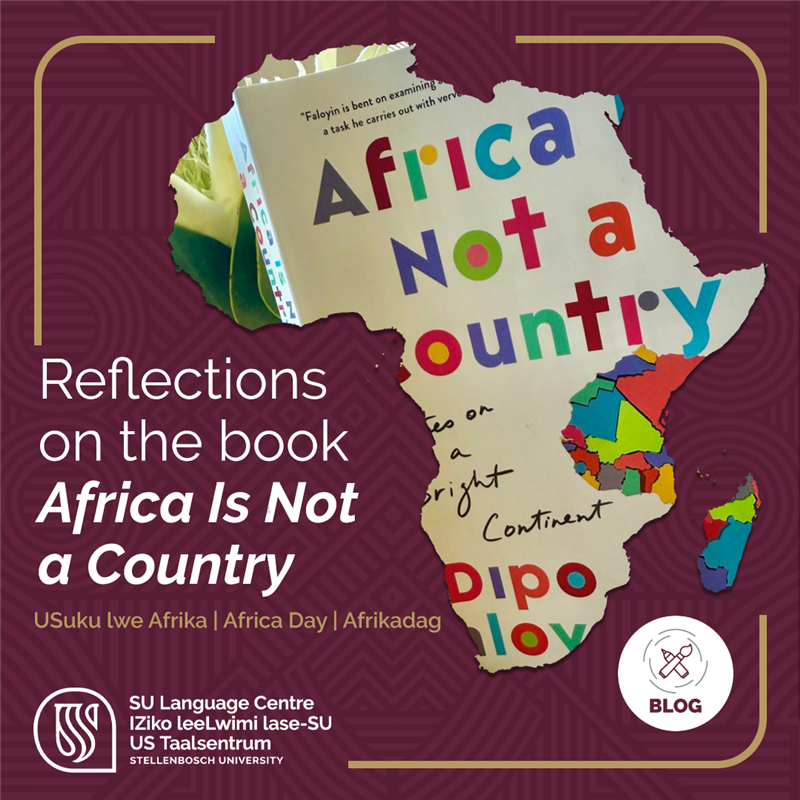
In Africa Is Not a Country, author Dipo Faloyin challenges the simplistic and stereotypical portrayals of Africa by emphasising its vast diversity – 54 countries, thousands of languages, and a wide range of cultures, traditions and political systems. Drawing on his personal experiences and historical analysis, Faloyin dismantles the oversimplified narrative that reduces the continent to a place defined solely by poverty, conflict, and corruption.
Published in 2022, a central thread in the book is the lasting impact of colonialism, particularly the arbitrary borders drawn by colonial powers. These boundaries grouped together distinct cultures and communities, often leading to long-term social and political challenges. Faloyin explains how these colonial legacies continue to shape perceptions of Africa, reinforcing the idea of it as a homogenous, troubled region.
As he poignantly writes:
“Not everyone is allowed a complex identity. Throughout history, individuals and entire communities have been systematically stripped of their personhood and idiosyncrasies, often to make them easier to demean, denigrate and subjugate – and, in some cases, eradicate. Being able to define yourself openly and fully is a privilege; it is a grace many take for granted.”
Faloyin also critiques the “white savior” mindset that persists in Western media and charity campaigns. These narratives, while often well-intentioned, tend to reinforce harmful stereotypes and strip Africans of agency. He challenges readers with provocative questions, such as:
“Should a charity singly educate or entertain; be a fun, easy distraction from life’s more dour entanglements, or an on-your-nose statement that means only the greedy, heartless fool would sit back and do nothing when presented with the facts? A bit of both perhaps.”
Throughout the book, Faloyin sheds light on modern African realities as he highlights the continent’s rapid urbanisation, technological innovation and youthful population. Cities like Lagos, Nairobi and Johannesburg are presented as vibrant hubs of creativity, business, and technological advancement. One standout example is Kenya’s M-Pesa mobile banking system, which showcases African innovation that often goes unrecognised. He also points to countries like Ghana and Botswana as examples of political stability and democratic progress, countering the dominant narrative that equates Africa with chaos and dysfunction. He sees the continent’s youthful population – the youngest in the world – as a driving force for future leadership, creativity, and transformation.
Above all, Faloyin celebrates Africa’s cultural richness, underscoring that each of the 54 countries has its own unique history, language and traditions. He urges readers to move beyond outdated and generalised views and instead recognise Africa as a diverse, dynamic continent full of potential and stories worth hearing. He emphasises the importance of Africans being able to tell their own stories – loudly, proudly and on their own terms – especially when the world hasn’t always listened.
This book is essential for anyone interested in Africa, history, or global narratives –particularly for those who think they already understand the continent. Faloyin’s message is clear: Africa is not a country. It is a continent of over a billion unique identities, experiences and voices.
– by Helga Sykstus
This post is also available in: English


